Niche Marketing Strategy: Building Authority in Specialized Markets
David Park, founder of a boutique software development company, made a decision that his industry peers considered risky and potentially limiting. Instead of competing in the crowded general business software market, he chose to focus exclusively on dental practice management systems. His advisors warned that this niche approach would restrict growth potential and limit market opportunities. However, David recognized that dental practices had unique requirements that general software solutions inadequately addressed, including specialized billing procedures, insurance claim processing, and patient scheduling complexities. By concentrating entirely on this narrow market, his company developed deep expertise in dental practice operations, created industry-specific features, and built relationships with dental associations and equipment suppliers. Within five years, his company became the recognized leader in dental practice software, commanding premium pricing, achieving 95% customer retention rates, and generating profit margins 300% higher than general software companies. This transformation from a struggling generalist to a dominant specialist exemplifies the power of strategic niche focus in building sustainable competitive advantages.
This strategic approach reflects the growing recognition that in increasingly crowded and commoditized markets, specialization often provides more sustainable paths to profitability and market leadership than broad-based competition.
Introduction: The Strategic Power of Market Specialization
Niche marketing represents a deliberate strategic choice to concentrate resources and capabilities on serving specific, narrowly defined market segments with exceptional depth and expertise. This approach contrasts sharply with mass marketing strategies that attempt to serve broad audiences with generalized value propositions.
Contemporary business environments increasingly favor niche strategies due to market fragmentation, digital enablement of specialized distribution, and growing customer demand for specialized solutions. Research from Harvard Business Review indicates that companies pursuing focused niche strategies achieve 23% higher profit margins and 34% faster growth rates compared to generalist competitors serving broader markets.
The digital transformation has particularly advantaged niche players by reducing distribution barriers, enabling direct customer relationships, and facilitating rapid market education and community building around specialized expertise.
1. Narrow Market Focus and Profitability Advantages
Successful niche marketing begins with identifying and deeply understanding specific market segments that are underserved by mainstream competitors, enabling the development of specialized solutions that command premium pricing.
Market Segment Identification and Definition
Effective niche marketing requires precise market segment definition based on specific customer needs, use cases, demographics, or geographic characteristics that mainstream players inadequately address. This identification process involves analyzing market gaps, customer pain points, and competitive weaknesses in serving particular segments.
The most successful niches exhibit sufficient size to support profitable operations while remaining small enough to escape the attention of large competitors until significant market position is established. This goldilocks zone of market size enables rapid market penetration without immediate competitive pressure.
Specialized Value Proposition Development
Niche marketing success depends on developing value propositions that address specific segment needs with superior depth and expertise compared to generalist alternatives. This specialization enables premium pricing based on superior problem-solving capabilities and customer outcomes.
Deep specialization allows niche players to develop features, services, and expertise that would be uneconomical for generalist competitors to replicate, creating sustainable competitive advantages through focused investment and learning.
Customer Intimacy and Relationship Development
Niche markets enable close customer relationships and intimate understanding of customer needs, challenges, and success factors. This proximity facilitates continuous product improvement, customer retention, and expansion opportunities within the specialized market.
The limited customer base in niche markets makes each customer relationship more valuable and enables personalized service levels that build strong loyalty and word-of-mouth referrals.
2. Competitive Advantages Through Specialization
Niche marketing creates multiple competitive advantages that are difficult for generalist competitors to replicate without significant strategic shifts and resource commitments.
Reduced Competitive Pressure
Specialized markets often attract less competitive attention from large players focused on mainstream opportunities. This reduced competition enables niche players to establish market position, build customer relationships, and develop capabilities without constant competitive pressure.
The specialized nature of niche markets creates barriers to entry for generalist competitors, who must invest significantly in market understanding, product development, and specialized capabilities to compete effectively.
Premium Pricing Opportunities
Niche specialization enables premium pricing based on superior expertise, specialized features, and better customer outcomes. Customers in specialized markets often prioritize effectiveness over price, creating opportunities for higher profit margins.
The limited availability of specialized solutions and the high cost of customer switching in niche markets reduce price sensitivity and enable value-based pricing strategies.
Customer Loyalty and Retention
Deep specialization creates strong customer switching costs through specialized training, customized implementations, and integrated business processes. This integration builds customer loyalty and reduces customer acquisition costs through referrals and word-of-mouth marketing.
The specialized nature of niche solutions makes customer relationships more consultative and strategic, increasing customer lifetime value and retention rates.
3. Rapid Brand Authority Development
Niche marketing enables accelerated brand authority development through focused expertise building and thought leadership in specialized domains.
Subject Matter Expertise Building
Concentrated focus on specific markets enables rapid development of deep subject matter expertise that establishes credibility and authority within the specialized community. This expertise becomes a sustainable competitive advantage and marketing differentiator.
Niche players can become recognized industry experts through focused content creation, speaking engagements, and thought leadership activities that would be diluted across broader markets.
Industry Relationship Development
Specialized focus enables deeper relationships with industry associations, trade publications, and influential community members who can amplify brand authority and credibility within the niche market.
These relationships provide access to distribution channels, customer referrals, and market intelligence that accelerate market penetration and competitive positioning.
Content Marketing and Thought Leadership
Niche markets enable highly targeted content marketing strategies that address specific industry challenges, regulations, and best practices. This specialized content builds authority and attracts qualified prospects more effectively than generalized marketing approaches.
Thought leadership in specialized domains requires less content volume but greater depth and expertise, making it more achievable for smaller organizations with limited marketing resources.
Digital Enablement of Niche Strategies
Digital transformation has particularly advantaged niche marketing strategies by reducing traditional barriers to market access, customer acquisition, and specialized distribution.
Search engine optimization and content marketing enable niche players to attract qualified prospects actively seeking specialized solutions, reducing customer acquisition costs and improving conversion rates.
Social media and digital communities enable direct access to specialized audiences and facilitate community building around niche expertise and solutions.
Strategic Implementation Considerations
Successful niche marketing requires careful balance between specialization depth and market size, ensuring sufficient scale for sustainable profitability while maintaining competitive advantages through focus.
Organizations must develop capabilities in market research, customer intimacy, and specialized product development while resisting expansion temptations that could dilute competitive advantages.
Case Study: Mailchimp Email Marketing Dominance
Mailchimp exemplifies successful niche marketing evolution, beginning as a specialized email marketing platform for small businesses and creative professionals before expanding strategically while maintaining niche advantages.
Initially, Mailchimp focused exclusively on providing email marketing tools for small businesses, freelancers, and creative agencies who were underserved by enterprise-focused email marketing platforms. The company developed features specifically designed for non-technical users, including drag-and-drop email builders, pre-designed templates, and simplified automation workflows.
This niche focus enabled Mailchimp to understand small business marketing challenges intimately and develop solutions that addressed specific pain points such as limited technical expertise, budget constraints, and time limitations. The company built a strong community around small business marketing success through educational content, best practice sharing, and peer networking.
Mailchimp's specialized approach enabled premium pricing within their niche while maintaining accessibility for price-sensitive small businesses through freemium models. The company achieved over 70% market share in their target segment and built a highly loyal customer base with minimal customer acquisition costs.
The company's niche success provided the foundation for strategic expansion into adjacent marketing services while maintaining their core competency in serving small business marketing needs. This expansion was carefully managed to preserve the specialized expertise and customer intimacy that created their initial competitive advantages.
Mailchimp's niche marketing strategy generated over 900 million in annual revenue and established the company as the recognized leader in small business email marketing, demonstrating how focused specialization can create sustainable market leadership and profitable growth.
Call to Action
Organizations considering niche marketing strategies should conduct thorough market analysis to identify underserved segments with sufficient size and profitability potential. Develop deep expertise in chosen niches through focused investment in market research, product development, and customer relationship building.
Build strategic patience to resist premature expansion that could dilute competitive advantages, while developing measurement systems that track niche market penetration, customer satisfaction, and brand authority development within specialized segments.
Featured Blogs
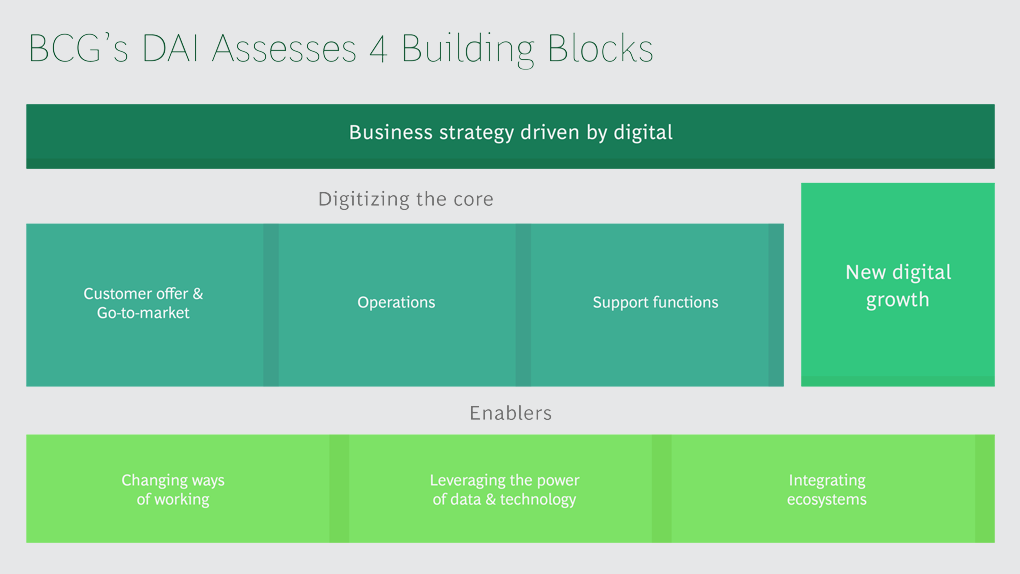
BCG Digital Acceleration Index
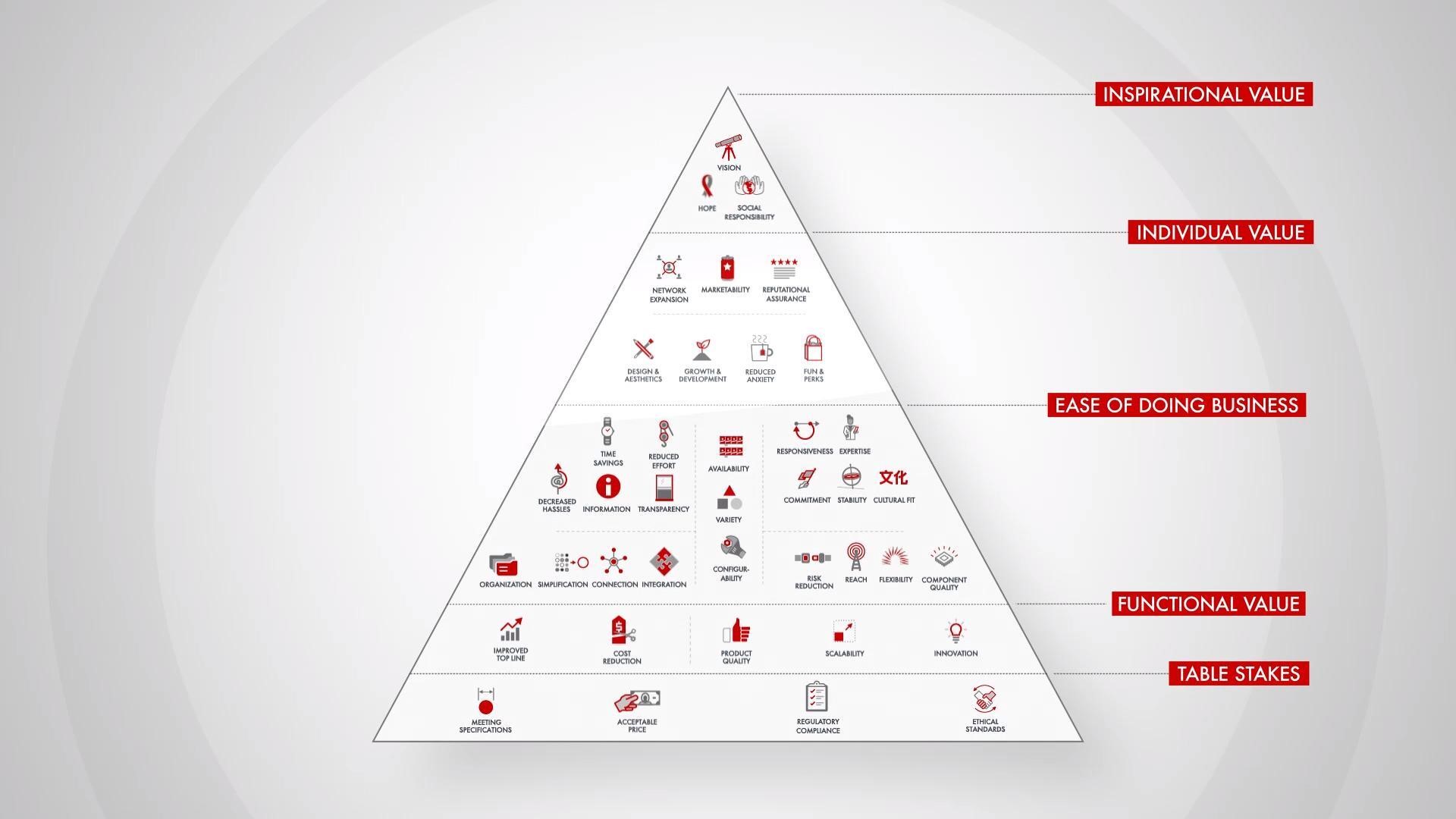
Bain’s Elements of Value Framework
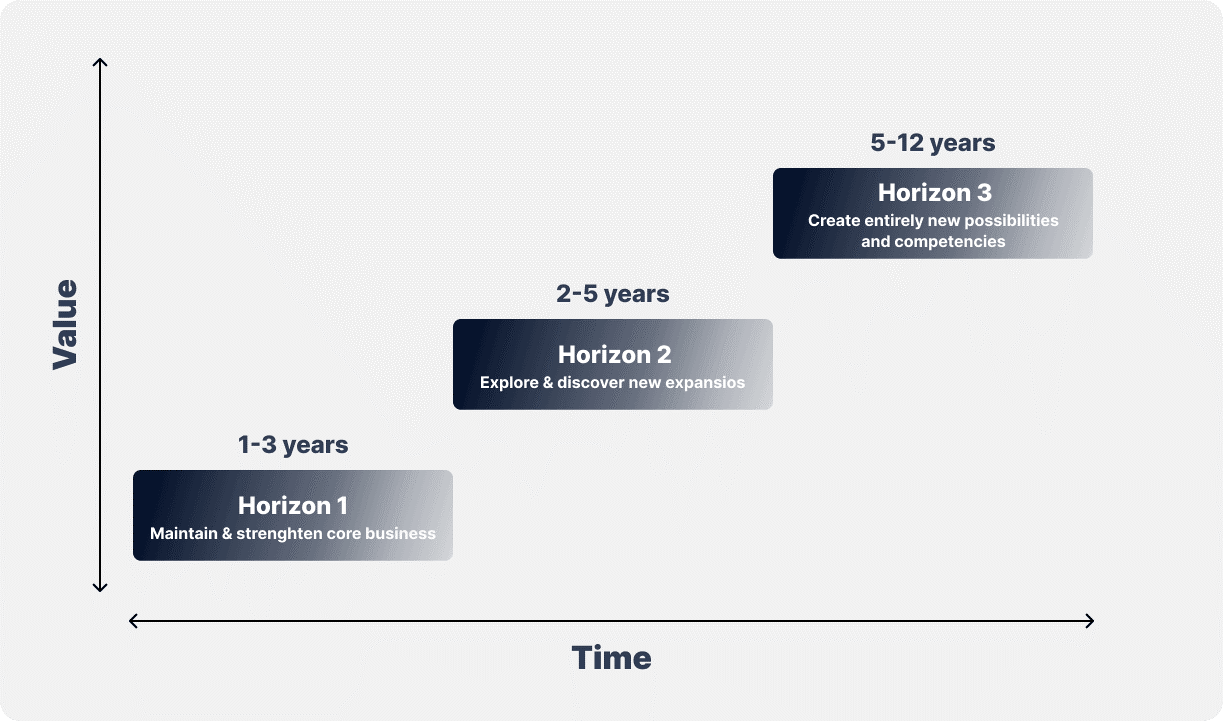
McKinsey Growth Pyramid
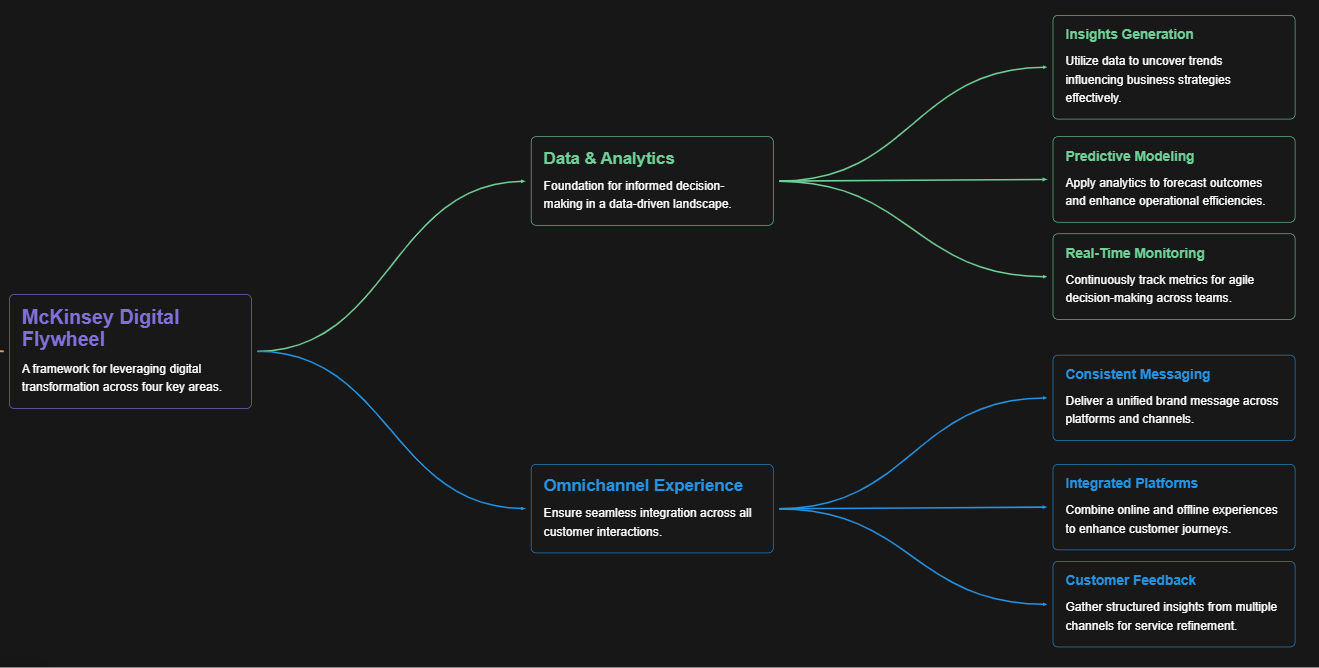
McKinsey Digital Flywheel
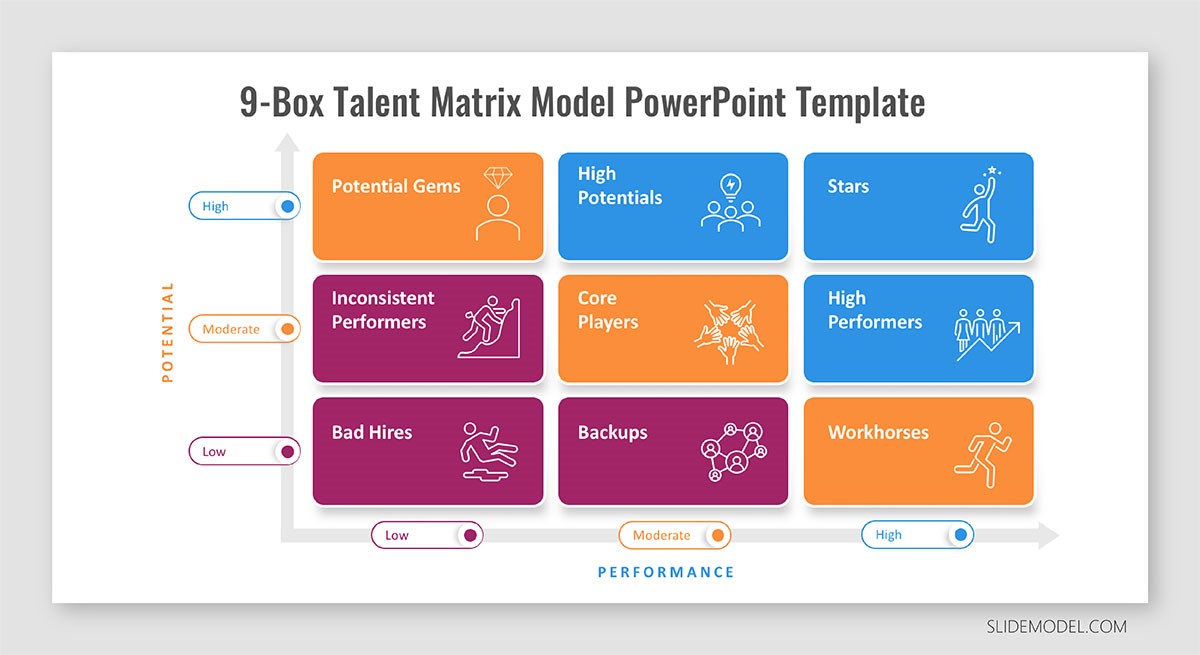
McKinsey 9-Box Talent Matrix
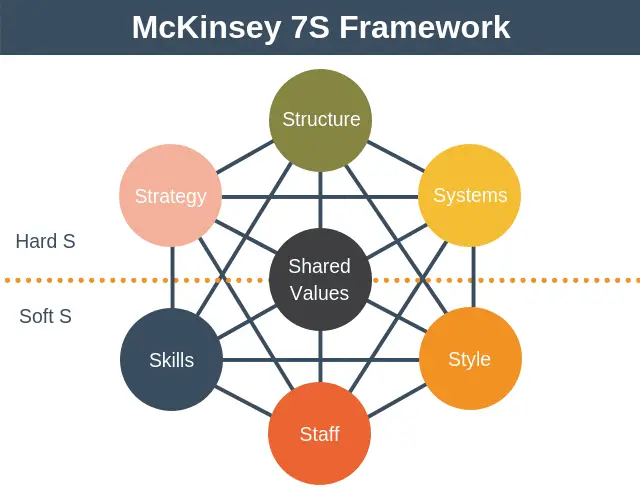
McKinsey 7S Framework
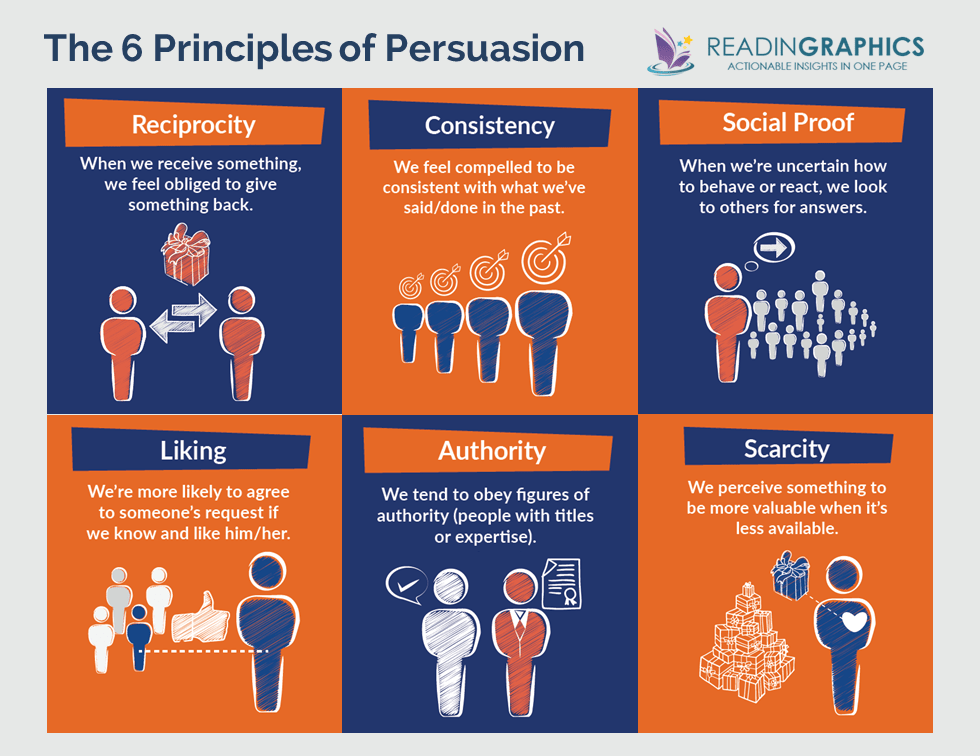
The Psychology of Persuasion in Marketing

The Influence of Colors on Branding and Marketing Psychology








